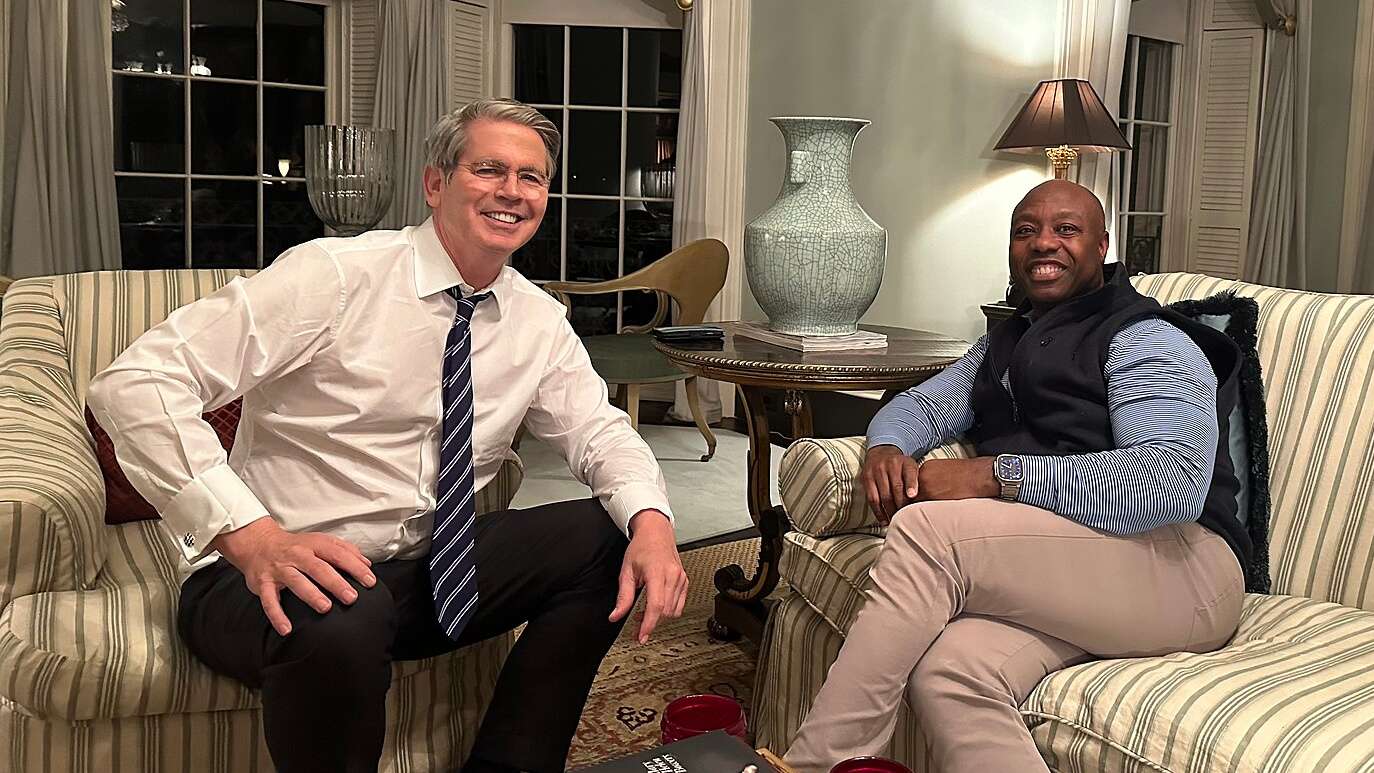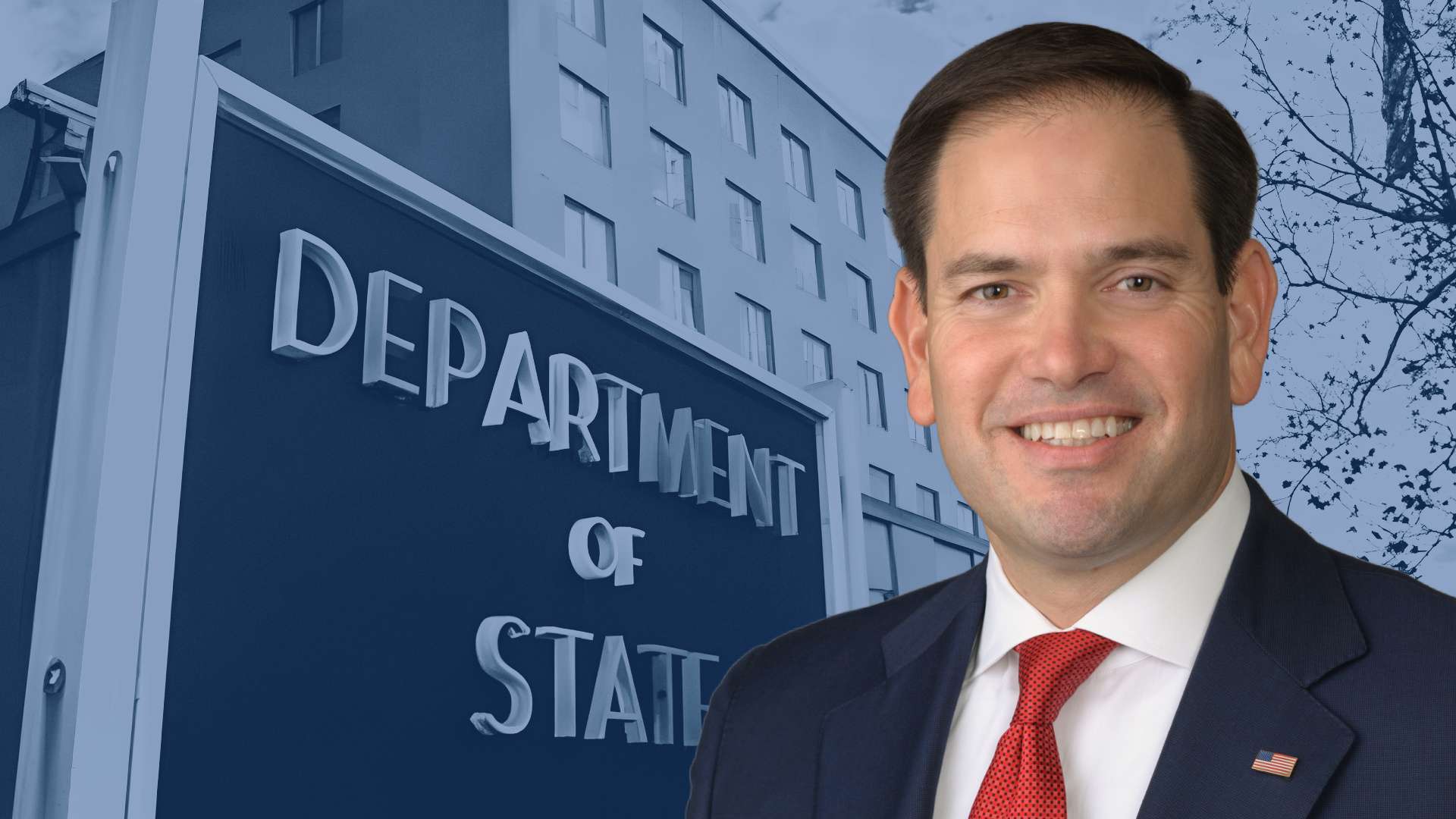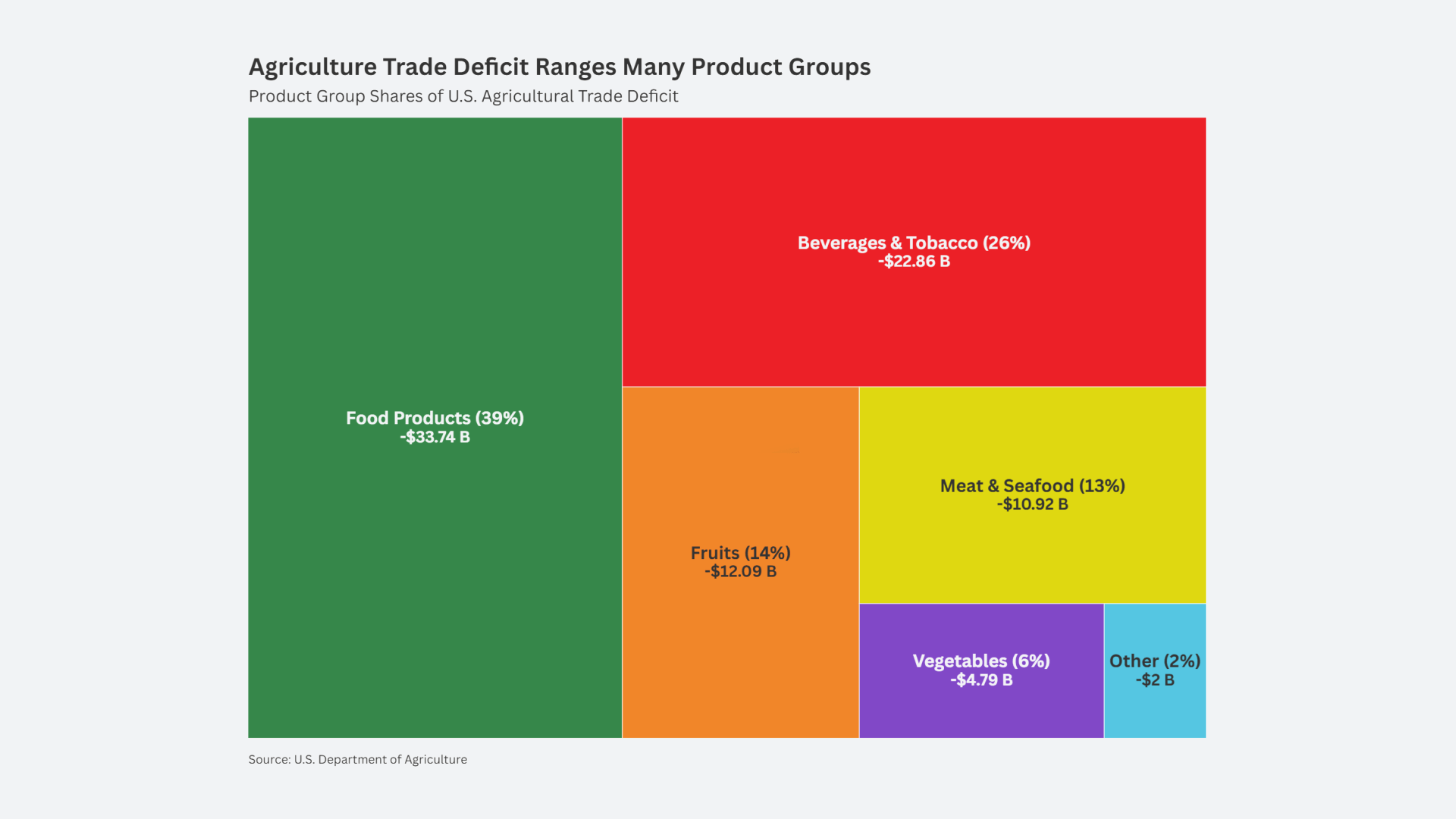
McConnell refuses to budge on demands for additional worker protections, ahead of cliffhanger vote.
[Reposted from Politico | Burgess Everett and Manu Raju | May 12, 2015]
After President Barack Obama’s own party slammed the brakes on the centerpiece of his trade agenda — also a top priority for the GOP — there were early signs Democrats were considering concessions to revive the fast-track bill.
Senate Minority Leader Harry Reid (D-Nev.), who rallied his caucus to reject the fast-track measure on a procedural vote, has already floated a plan to find a way out of the impasse by offering to drop anti-currency manipulation language in a customs bill from his party’s list of demands.
While his initial overture likely won’t settle the issue, and top Republicans said they were skeptical of Reid’s proposal, Democrats’ willingness to return to the bargaining table suggests the trade measure may not be dead. And pro-trade Democrats huddled with the White House on Tuesday evening, as the administration looked for a way forward.
After demanding that Republicans bundle four separate trade bills — in part to accommodate Democratic demands for more worker protections — Reid is privately saying that he’d be willing to drop the currency manipulation provisions, according to people familiar with the situation.
Led by Reid, the liberal, anti-trade wing of the Democratic Party joined with pro-trade moderates to block fast-track legislation, 52-45, in an effort to force Senate Majority Leader Mitch McConnell (R-Ky.) to take up the larger trade package. Democrats had wanted the Senate to pass new worker protections, child labor restrictions and the customs bill all together, in addition to the fast-track trade bill McConnell and Obama are pushing.
McConnell, just five months into his role as majority leader, refused to bow to Democratic wishes, partially out of concern over ceding too much authority to the minority to dictate the chamber’s agenda. And the Republican leader suggested Democrats need to sort out their intraparty differences.
“What we just saw here is pretty shocking,” McConnell said immediately following the vote. “What we just witnessed here is Democratic senators shutting down debate on the top economic priority of the Democratic president of the United States.”
But under Democrats’ latest strategy, the customs bill would be pulled out of the bigger package for a standalone vote, something Sens. Chuck Schumer (D-N.Y.) and John Cornyn (R-Texas) were discussing on Tuesday, after Schumer first suggested the move.
Oregon Sen. Ron Wyden, the lead Democratic negotiator on trade, had suggested a similar move last week, only to be rebuffed by Reid.
On Tuesday evening, senior Republicans said they were skeptical of Reid’s overture, but acknowledged talks were ongoing. And they noted there were problems with the customs bill beyond just the currency language.
Still, the currency manipulation provision is considered a poison pill by Republicans and is not supported by the administration, so removing it from the larger package could help the Senate overcome Tuesday’s partisan deadlock. The provision could force the White House to designate China as a currency manipulator, which the administration fears would spark a trade war with Beijing.
The Democrats’ internal dispute puts the president in an awkward position, caught between Republicans who want to work with him on the multination Trans-Pacific Partnership pact and Senate Democratic leaders who are using their procedural leverage to get as much as they can out of McConnell.
Trade proponents in both parties vowed on Tuesday to try to put the pieces back together and the fracas doesn’t mean the fast-track is dead, especially if Reid is committed to finding a way out. The GOP and White House officials argue that enacting fast-track Trade Promotion Authority is critical for Obama’s ability to strike a landmark trade deal with Pacific Rim countries, and the roadblock in the Senate threatens progress on that pact.
After the vote, Reid, an anti-trade Democrat who devised the strategy to slow the bill on Tuesday, hinted at a way out of the Senate’s latest jam.
“I suggest the way we move forward is to have a program where we have all of these bills discussed at the same time,” Reid said. “Everybody should just take a deep breath. I think there’s probably a way we can move forward with this.”
But with little more than a week before the Memorial Day recess and several expiring laws still to be addressed, the immediate future of Obama’s trade agenda is uncertain.
Though Republicans believed they had a deal to move so-called Trade Promotion Authority alongside Trade Adjustment Assistance, Democrats are seeking greater assurances that the African Growth and Opportunity Act and a customs enforcement bill, which includes the currency manipulation provisions, will all be passed as part of a deal to open debate on the trade bill.
“We hope the White House will join us in the effort to get currency stronger — and pressure McConnell to make sure these bills move concurrently, not just take two on his own whim and leave two behind,” Schumer said.
The GOP is flabbergasted at these demands, insisting that the currency provision, in particular, is veto bait for the White House, potentially complicating the trade package’s future if it is approved.
Moreover, McConnell and other Republicans blasted Wyden for changing an “understanding” that pro-trade Democrats and Republicans had to move forward on the bill.
And as Senate Democrats prodded Obama to join their quest for procedural victory over recalcitrant Republicans, the GOP was urging the president to take a more critical tone not just with anti-trade Democrats like Elizabeth Warren, but also pro-trade Democrats who they believe are making a trade agreement increasingly difficult.
“Really, it’s a question of whether the president of the United States has enough clout with members of his political party,” said Cornyn, the majority whip. The failed vote “is a failure of the president’s ability to convince members of his own party.”
While Reid and Schumer hold considerable clout within the caucus, it is actually a group of 14 Democrats that Republicans and Obama are trying to woo. Those Democrats who are supportive of Obama’s trade efforts huddled on Tuesday afternoon to plot their strategy. After nearly an hour, led by Senate Finance Committee ranking member Wyden, the bloc of Democrats announced they would vote down the bill.
“The group is concerned about the lack of commitment to trade enforcement, which is specifically the customs bill,” Wyden told reporters after the meeting. “Until there is a path to get all four bills passed … we will, certainly most of us, will have to vote no.”
Asked why McConnell’s offer to hold amendment votes on their preferred legislation wasn’t enough, Sen. Bill Nelson (D-Fla.) replied that it “doesn’t guarantee the reforms pass.” He said he personally asked McConnell to assuage his party’s concerns on Monday evening, but “he wouldn’t.”
“Most of us want trade to pass and we don’t want any hindrances. But we don’t want people to dictate to us that some of these reforms can’t be done,” Nelson said.
In the weeks leading up to the high-stakes vote, Republicans have worked in conjunction with Obama to pass fast-track, which would pave the way for a landmark trade pact called the Trans-Pacific Partnership. The White House views the trade agreement as the cornerstone of the president’s economic agenda, and McConnell views it as the one big deal ripe for an agreement with the Democratic president.
McConnell insisted on Tuesday that the Senate can decide whether it wants the companion bills during the amendment process. The chamber, he said, should be allowed to “work its will.”
“They’re demanding we guarantee an outcome,” McConnell said of Democrats. “We don’t operate that way anymore here. What I’ve said is the bill will be open for amendment.”
Wyden, who co-authored the trade bill with Finance Chairman Orrin Hatch (R-Utah) said just four hours before the vote that he sees “potential” for an agreement with McConnell after the leader’s remarks, which were conciliatory, but also sent a message that McConnell won’t bow to Democrats’ every demand.
Ultimately, that wasn’t enough. Aides said McConnell and Wyden’s staff had been speaking, but the two men had yet to confer privately.
Hatch, though, sounded pessimistic about another round of dealmaking with Wyden. A visibly agitated Hatch told reporters that the bill had become a “mess,” adding that he was “through talking.”
“I’ll always be open, but we’ve just been jerked around here too much,” Hatch said. “I expect people to live their word just like I do.”
Edward-Isaac Dovere contributed to this report.













